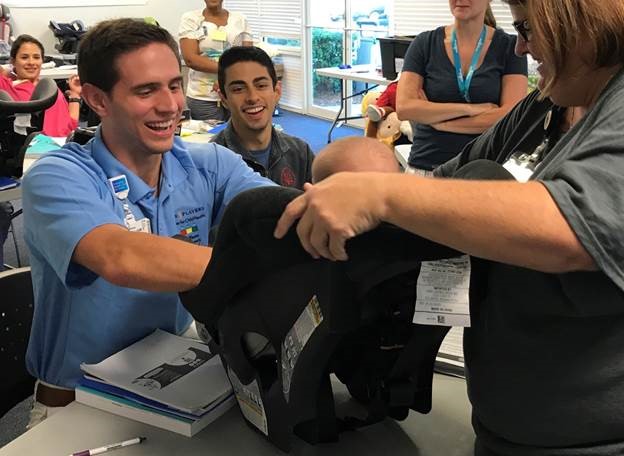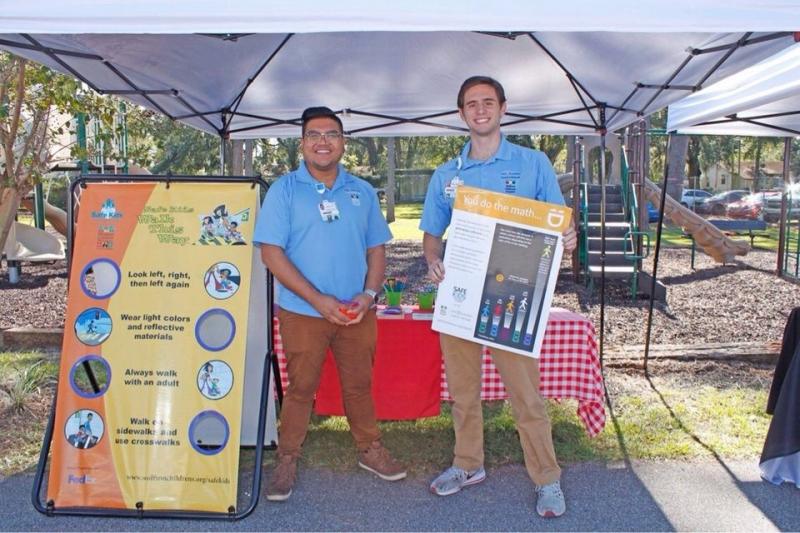Those Difficult Client Conversations
 This holiday season, thousands of young adults will go home to visit their families. I just did, and being a state away, it was nice to take a breather and see my favorite people. As the holiday season approaches, so do those painful conversations that can turn a pleasant dinner into a shouting match. We all know these landmines to avoid: religion, politics, bad grades, family struggles. The deadliest mine to avoid whether it’s sunny and 75 or sub-zero is money. According to a 2014 survey by Wells Fargo, personal finances were the most challenging topic to discuss with others. Americans would rather talk about death, politics, religion, taxes, and their health than have an open and honest conversation about their income and expenses.
This holiday season, thousands of young adults will go home to visit their families. I just did, and being a state away, it was nice to take a breather and see my favorite people. As the holiday season approaches, so do those painful conversations that can turn a pleasant dinner into a shouting match. We all know these landmines to avoid: religion, politics, bad grades, family struggles. The deadliest mine to avoid whether it’s sunny and 75 or sub-zero is money. According to a 2014 survey by Wells Fargo, personal finances were the most challenging topic to discuss with others. Americans would rather talk about death, politics, religion, taxes, and their health than have an open and honest conversation about their income and expenses.
Combining a few of these proves to be even more challenging. The largest component of my NHC FL AmeriCorps service with The PLAYERS Center for Child Health is helping families enroll in health coverage through Medicaid or the CHIP program. Questions about personal finance usually start the conversation. In these applications, case workers will look for all different types of income: wages, tips, commission, stipends, Social Security and retirement distributions, unemployment, and even legal settlements. I tend to follow this up with few health questions to see if there are chronic conditions that might make it easier for the family to qualify for a reduced cost plan. At this point, I might ask about the family’s tax specifications to see if they are eligible for an ACA Marketplace plan. Lastly, if the children are eligible for a CHIP plan, the caregivers usually ask “Now why won’t this plan cover me?” and the conversation can take a quick turn into the politics of Medicaid expansion or non-expansion.
 Early in my service term, I was extremely nervous about these conversations. What caregiver in their right mind wants to talk with a complete stranger about money, healthcare, taxes, and government, much less with someone so young and from a different state? As I’ve progressed in my service, I’ve found that the best way to overcome your nerves around these difficult topics boils down to remembering why you’re serving. According to the Florida Department of Health’s 2016 statistics, nearly 6.5% of children in Northeast Florida are uninsured. That means that just over 21,000 children, or just over 300 school buses worth, do not have health coverage. Even if those numbers have improved in the past two years, with the strides America has taken to insure kids through Medicaid, CHIP, or the ACA Marketplace, it would seem anomalous that any given child would not have health coverage. These conversations are our first steps to correct that anomaly.
Early in my service term, I was extremely nervous about these conversations. What caregiver in their right mind wants to talk with a complete stranger about money, healthcare, taxes, and government, much less with someone so young and from a different state? As I’ve progressed in my service, I’ve found that the best way to overcome your nerves around these difficult topics boils down to remembering why you’re serving. According to the Florida Department of Health’s 2016 statistics, nearly 6.5% of children in Northeast Florida are uninsured. That means that just over 21,000 children, or just over 300 school buses worth, do not have health coverage. Even if those numbers have improved in the past two years, with the strides America has taken to insure kids through Medicaid, CHIP, or the ACA Marketplace, it would seem anomalous that any given child would not have health coverage. These conversations are our first steps to correct that anomaly.
While remembering your “raison du service” might help you be more confident in your conversations, vocalizing it might help your clients feel more comfortable talking about these sensitive topics. When I remind caregivers that I don’t make commission based on how many clients I enroll and that I don’t charge fees for my services, they realize that my quality of service isn’t left up to the profit motive. Caregivers know how much they care about their children, but until you reassure them, they might not be sure how much you do as well. In my experience, openness and honesty about my motivations and priorities has promoted openness and honesty from caregivers. And isn’t openness and honesty all we want out of healthcare?

Will serves at The PLAYERS Center for Child Health as a Care Coordinator.